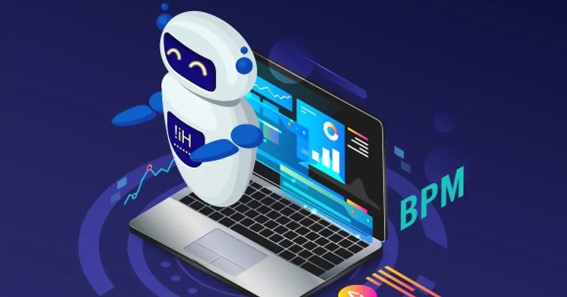Recently, there has been a rise in the popularity of BPM tools, as they help organizations with digital transformations. Even though these tools have been around for decades, it is only in the last few years that the industry has significantly grown. That is because automation has become a thing and businesses want to implement these digital technologies.
So, if you are also wondering whether BPM has any future trends, you have come to the right place. Here are all the trends that will help shape the future of BPM tools.
Click here – The Best Android Emulators For Windows
1. Improve Process Efficiency
The latest BPM tools are one of the best ways for any organization to improve its business processes and efficiency. The industry is now moving towards automation, AI, RPA (robotic process automation), machine learning, and much more. All of these processes exist to enhance the efficiency of the software and tool.
Such new systems and tools will also provide you with significant insights by incorporating data. Because of this improvement in efficiency and insight, the future is bright for BPM solutions in every industry.
2. Eliminating IT Dependency
The future of BPM tools will guarantee that you don’t have to heavily rely on the IT department. In the past, many BPM solutions were heavy with codes, which meant that you had to write code for everything you planned on doing. Of course, this is not a viable solution anymore as organizations want to reduce time and costs.
This is why the future of BPM includes intelligent solutions, where you will not have to rely on the IT team to write the code for you. Instead, the automation tools will ensure that you can optimize business processes without these tweaks. Because of this, the future seems bright as BPM seems to be moving in the right direction to cater to the needs of its audience.
3. Flexibility
BPM tools need to be flexible enough to scale with the organization, as it changes. Before, there used to be many overworked diagrams and tight controls that would limit the capability of the tool. However, businesses require flexibility and this is where the future of BPM is also headed.
The tools in the current generation have the flexibility you need to optimize your business processes. For example, a fantastic experience of onboarding and informational tools helps ensure that you can get started on the right foot. In the same way, there are many other new features in these tools that will adapt to any organizational changes.
4. Fast Solutions
Finally, the latest BPM tools offer fast solutions that will help you make any immediate changes to your workflow or automation. In the past, people needed a lot of technical knowledge to use these tools, and the results would be slow. However, this is not the case anymore, as organizations require speed along with efficiency.
The new BPM tools are fast enough to guarantee that the user doesn’t require extensive knowledge. So, the future of these tools is incredible, as many businesses are now adapting to them.
Click here – What Should I Do When Facing An Uber Accident?
Final Thoughts
After looking at these trends, the future of BPM is as bright as it can possibly be. The industry has existed for decades, but it has gained traction in recent times, as automation has become the norm. That is why even you can deploy BPM tools for your organization.
Of course, you have to conduct extensive research and select the right tool that will give you use for a long time to come. So, be sure to invest in the right solutions.










